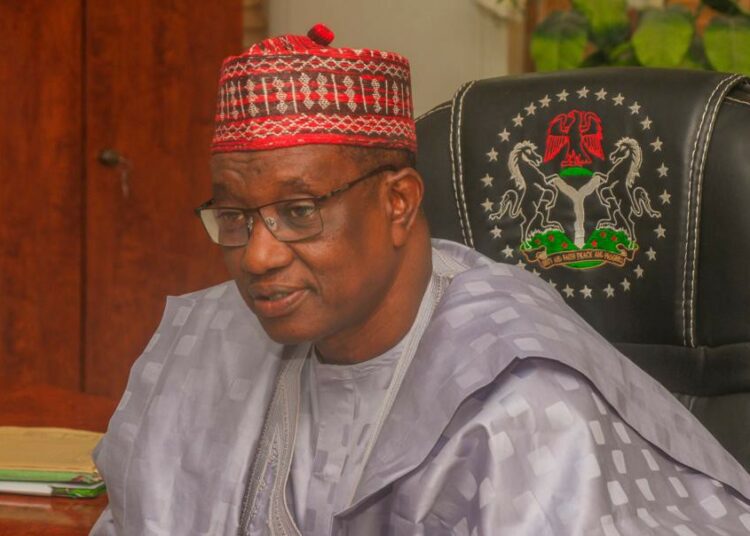Experts have called for a shift in behavioural change to reduce corruption and promote transparency in Nigeria.
They made this call at a behavioural change conference themed “The Future of Anti-corruption Interventions in Nigeria: Scaling Evidence-based Behavior Change Solutions,” in Abuja on Tuesday.
The experts emphasied the need for strategic communication to promote anti-corruption behaviours noting that building a culture of integrity hinges on reshaping behaviors and expectations around corruption.
In his keynote speech titled “Nigeria at a Critical Crossroad: Securing the Future with Enduring Anti-corruption Policies,” Dr. Joe Abah, Country Director of DAI Global and former Director-General of the Bureau of Public Service Reforms, stated that corruption distorts economic growth, undermines public institutions, exacerbates social inequalities, scares away foreign investors, and under-develops human capacity.
“In Nigeria, there is a longstanding debate about whether corruption is motivated by need or greed. It is a valid argument that nobody takes a job without knowing what it pays, and therefore, the low pay of public servants cannot justify their corruption.
“However, when a public servant is paid so little that they cannot even afford transportation to work, it is not surprising that they seek other ways to survive. In a country without a robust welfare system, any economic or health shock, such as a major illness, can render many public servants statistically poor. Thus, the argument that many are corrupt simply to survive can be compelling,” he said.
He also urged citizens to engage and vote based on merit, selecting individuals who can truly benefit Nigeria.
The founding director of the African Centre for Leadership, Strategy and Development (Centre LSD), Dr. Otivie Igbuzor, who spoke on fostering value-driven leadership in youth through behavioral change, stated that the success or failure of organizations and nations depends on leadership excellence rather than just managerial skills.
According to him, behavioural change can cultivate a mindset that prioritizes ethical decision-making, transparency, and accountability.
“When youth internalize these values and consistently demonstrate them through their actions, we will cultivate value-driven leaders,” he noted.
On her part, the Executive Director of the Policy Innovation Center, NESG, Dr. Osasuyi Dirisu, emphasized that institutionalizing accountability mechanisms to address corruption will significantly help in improving Nigeria’s











